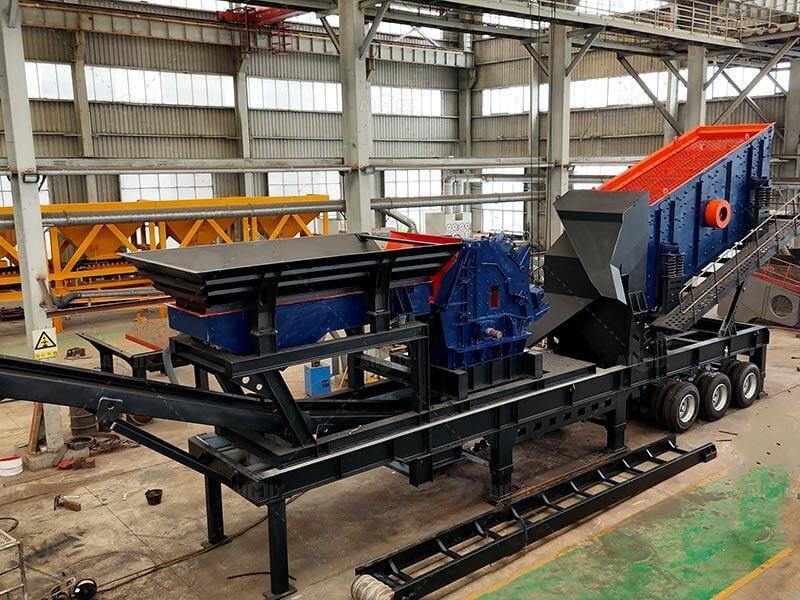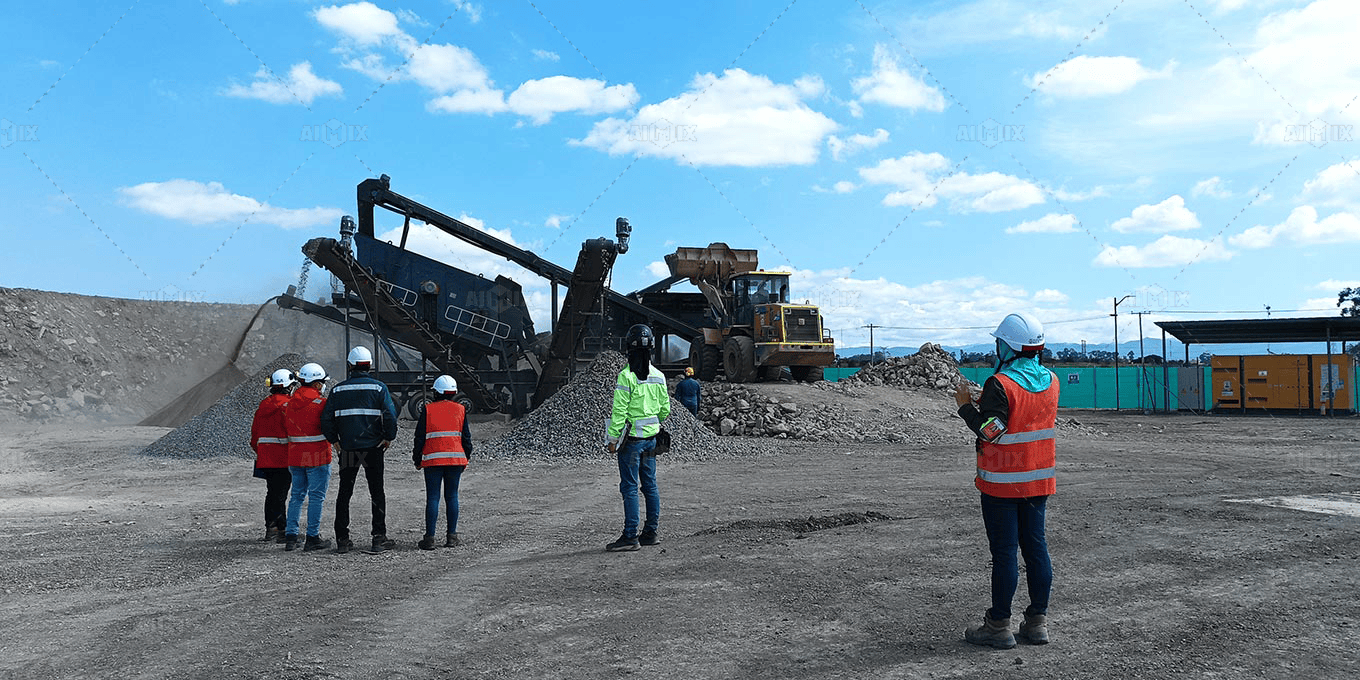In the realm of modern crushing technology, mobile cone crushers and mobile impact crushers represent two pivotal solutions for aggregate processing and material recycling. Each type of crusher offers distinct advantages and is tailored to specific applications, which raises an important question for businesses in the industry: which is better? The answer depends on various factors, including the nature of the material being processed, the desired end product, and operational efficiency. This comparison will delve into the core features of both crushers, assessing their performance, versatility, and cost-effectiveness to determine which might be the superior choice for your needs.
Performance and Application Suitability
Mobile Cone Crushers: Precision and Control
Mobile cone crushers excel in producing high-quality aggregate with precision. They operate by compressing material between a stationary cone and a rotating cone, which effectively fractures the material. This process is particularly well-suited for producing uniform and well-shaped aggregates, ideal for high-specification concrete and asphalt applications. The cone crusher’s ability to adjust the size of the output material through various settings makes it highly versatile. It’s also effective in secondary and tertiary crushing stages, where the goal is to achieve a more refined end product. However, mobile cone crusher may face limitations when dealing with softer or less abrasive materials. They are designed for more durable applications and can be less effective on materials that are prone to excessive wear. Additionally, the initial investment and operational costs can be higher compared to other types of crushers.

Mobile Impact Crushers: Flexibility and Versatility
Mobile impact crushers, on the other hand, use impact force to break down materials. This design allows them to handle a wide range of materials, including softer rocks and recycled concrete. The primary advantage of mobile impact crushers is their flexibility. They can produce various sizes and shapes of aggregate and are particularly effective in recycling applications where the material is often mixed and inconsistent. Impact crushers are also known for their ability to produce high-quality cubical shapes, which is beneficial for construction and road building. Despite their versatility, mobile impact crushers have their drawbacks. They generally offer less control over the output size compared to cone crushers and can be less efficient for finer material processing. Their wear parts may also experience quicker degradation due to the high-impact forces involved, potentially leading to higher maintenance costs over time.
Cost-Effectiveness and Operational Considerations
Operational Costs and Maintenance
When it comes to operational costs, mobile cone crushers typically require a more significant initial investment. However, they often result in lower ongoing maintenance costs due to their robust construction and fewer moving parts. Their efficiency in producing high-quality, precise aggregates can lead to better overall profitability for operations that require uniform material sizes. In contrast, mobile impact crushers usually have a lower upfront cost and offer greater flexibility, which can be advantageous for operations dealing with diverse material types. Nonetheless, their wear parts may need more frequent replacement, leading to potentially higher maintenance costs. The ability to handle a variety of materials can offset these costs by reducing the need for multiple machines.

Efficiency and Throughput
Efficiency in throughput is another critical consideration. Mobile cone crushers are designed for high throughput and consistent output, making them ideal for large-scale operations where precision is crucial. They offer the capability to handle large volumes of material with minimal downtime. Mobile impact crushers are known for their high production rates and adaptability, especially in applications where material types and sizes vary. Their impact-based mechanism allows for rapid processing, which can be beneficial in operations requiring frequent material changes.
Conclusion
Choosing between mobile cone crushers and mobile impact crushers ultimately depends on your specific needs and operational goals. Mobile cone crushers provide precision and control, making them suitable for applications requiring high-quality, uniform aggregates. Mobile impact crushers offer flexibility and versatility, ideal for handling a variety of materials and recycling applications. Evaluating the performance characteristics, cost-effectiveness, and operational considerations of each type of crusher will help you make an informed decision. By aligning the crusher’s strengths with your operational requirements, you can enhance productivity and achieve better results in your material processing endeavors.

